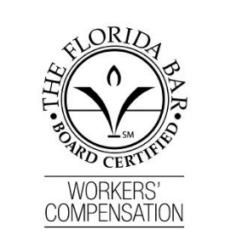Disagreements between parties are inevitable in any workers’ compensation system. Disputes are common and often center around the Carrier’s efforts to limit the number of income benefits or medical care that injured workers receive after a compensation injury.
Types of Disputes
Although there are several types of disputes in workers’ compensation cases, the two most common types of disputes that will affect an injured worker are Medical Disputes and Claim Disputes (also called Indemnity Disputes).
Medical Disputes – These types of disputes involve questions of medical fact and opinion as they relate to the treatment of the injured worker. Although the involvement of attorneys can be very helpful in speeding up and resolving medical disputes, the outcome of the dispute almost always relies on the doctor’s willingness to fight for the injured worker’s treatment. Example of medical disputes include:
- Denied surgery
- Denied therapy
- Denied services such as home health care or other assisted living arrangements
- Denied medical supplies or products such as braces, TENS units, and other devices
If you have a medical dispute you should contact an experienced workers’ compensation attorney right away. A qualified comp lawyer can answer your questions and help you understand your options in medical disputes.
Claim Disputes are issues in which an attorney can be most helpful. Some examples of claim disputes include:
- Compensability – whether or not your injury or illness meets the requirements to be eligible for coverage by Florida Worker’s Compensation Insurance
- Disability – whether or not you have suffered a loss of income as a result of your work-related injury or illness. Disability disputes can also include questions about when did Disability begin and end.
- Average Weekly Wage Disputes – disagreements about how much money you should receive while you are on workers comp.
- The extent of Injury Disputes – whether or not your work-related injury includes other parts of your body or health systems (for example, if a worker falls and injures her back and shoulder, the insurance carrier may only agree to provide coverage for the back injury).
- Entitlement to Supplemental Income Benefits (SIBs) – For injured workers who receive an Impairment Rating of 15% or higher, the carrier may challenge the employee’s entitlement to benefits if the carrier denies that the employee has made a good faith effort to find a job during the qualifying period.
If you have a workers’ comp dispute, you should definitely contact a knowledgeable Florida Worker’s Compensation lawyer to understand your rights and options. Delaying this conversation could cost you valuable entitlements to income benefits and medical care.

